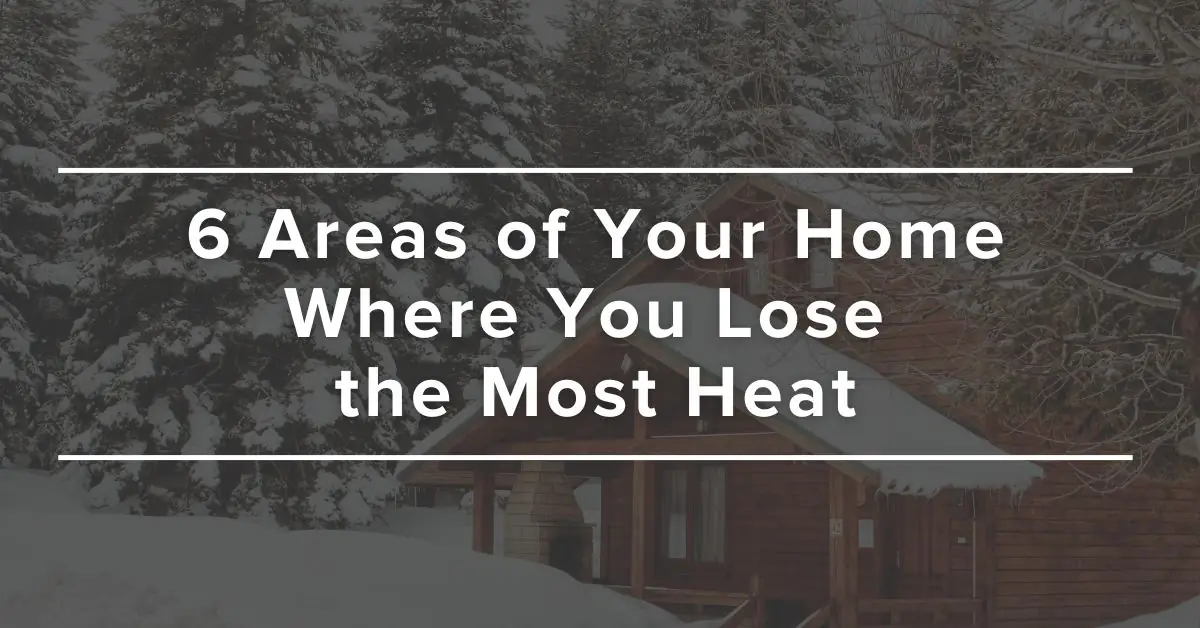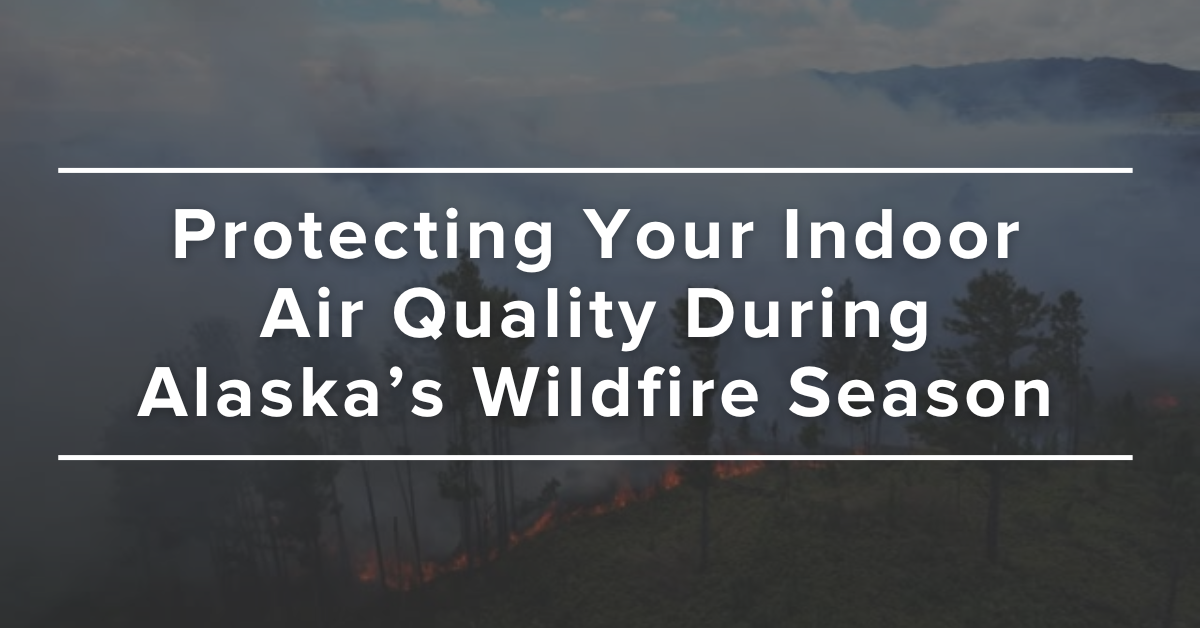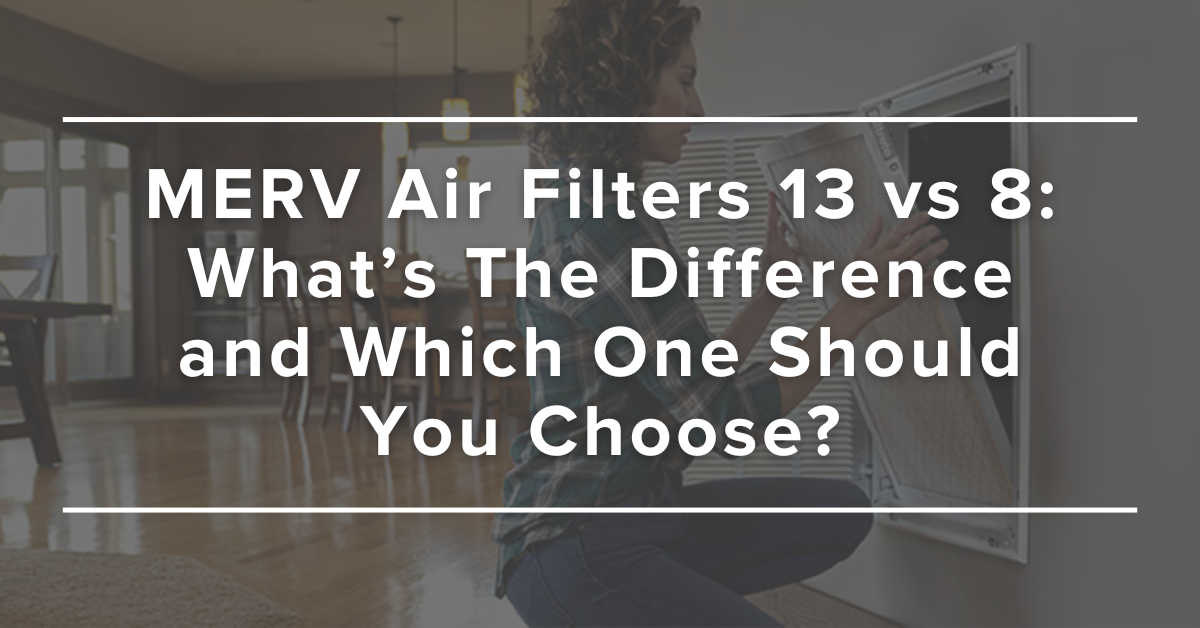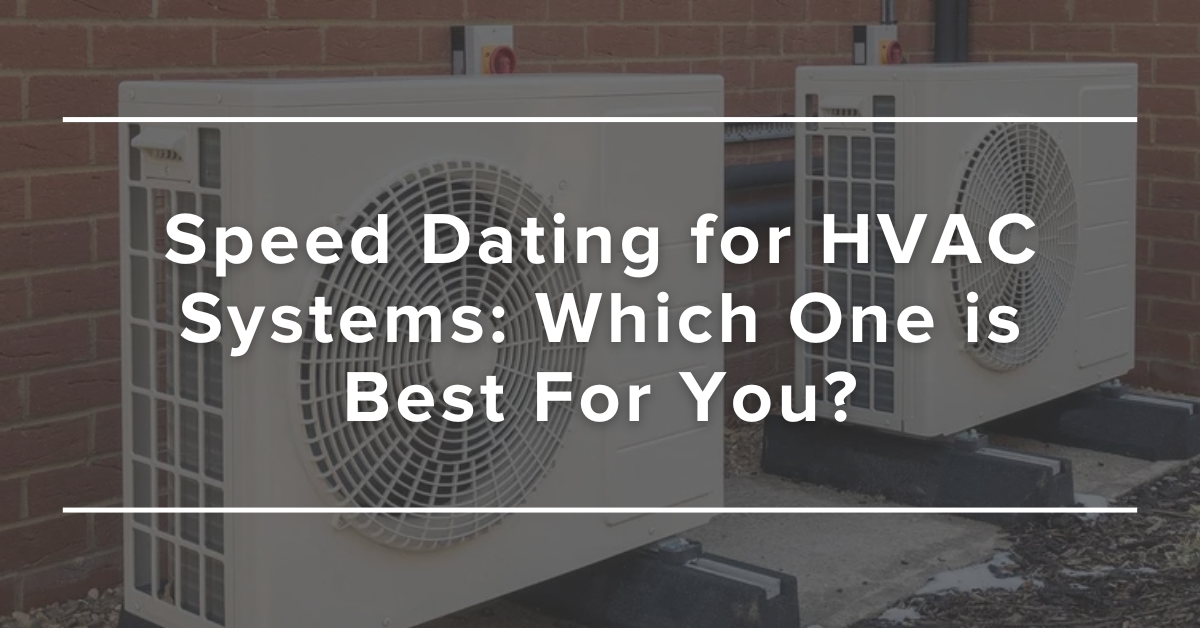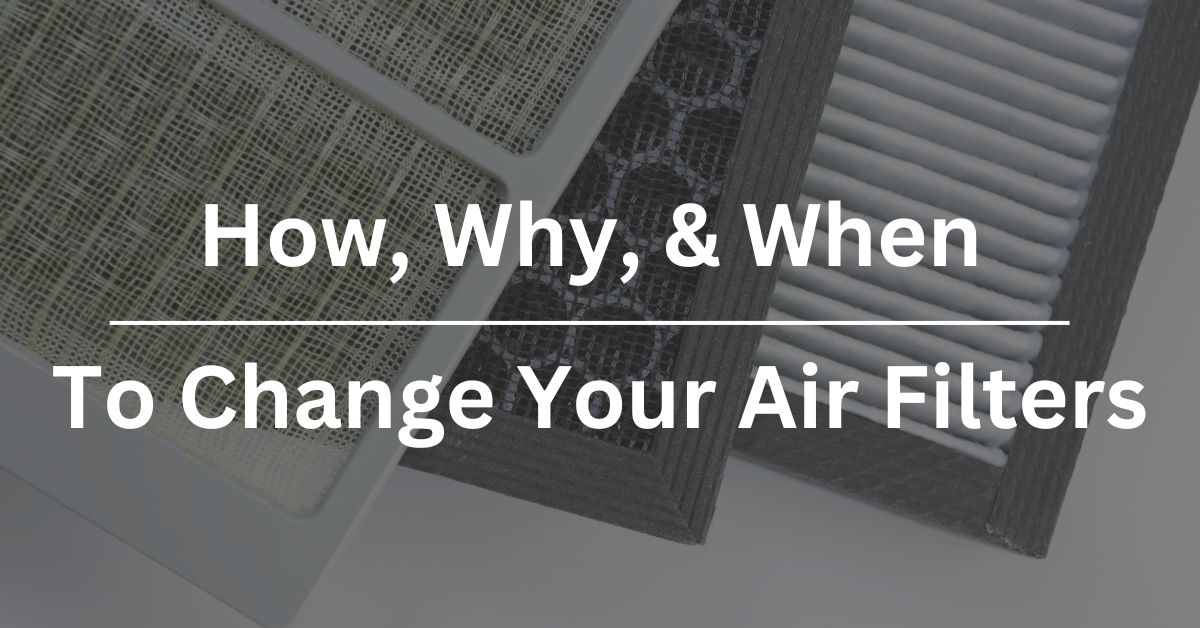
Keeping your HVAC system in top shape is important, especially in Alaska’s challenging climate. One of the simplest, yet most critical maintenance tasks is regularly changing your air filters. Here’s an in-depth guide to understanding how, why, and when to replace them for a healthier, more efficient home.
Why Air Filters Are Important
Air filters play a pivotal role in your HVAC system by trapping dust, allergens, and pollutants. Here’s why this matters:
- Enhanced Indoor Air Quality
In a climate like Anchorage’s, where homes are sealed tightly during the long, cold winters, indoor air quality can suffer. Clean air filters help trap contaminants like pet dander, pollen, and dust, creating a healthier environment. - Increased HVAC Efficiency
A clogged air filter restricts airflow, forcing your HVAC system to work harder. This leads to higher energy bills and unnecessary wear on the system. Replacing filters ensures optimal airflow and reduces energy consumption. - Prolonged System Lifespan
Neglected air filters can cause dirt and debris to accumulate in your HVAC system, increasing the risk of breakdowns. Regular replacements minimize maintenance costs and extend the life of your equipment.
Regular maintenance and professional inspections can help identify issues early and keep your HVAC system in peak condition. Check out our preventative maintenance plans to ensure long-term performance.
When to Replace Air Filters
How often you should replace your air filters depends on various factors, including the filter type, home conditions, and usage levels:
- Every 1-3 months: Standard filters in homes with no pets or allergies.
- Monthly: Homes with pets, smokers, or residents with allergies.
- Every 6-12 months: High-efficiency filters, such as HEPA filters, or systems used infrequently.
In Alaska, during the winter months when HVAC systems are in constant use, it’s wise to check filters monthly. If you notice dust buildup or reduced heating efficiency, replace your filter immediately.
Different Types of Air Filters and Why They Matter
Not all air filters are created equal. Choosing the right type for your HVAC system and household needs can significantly impact air quality, energy efficiency, and overall comfort. Here’s a breakdown of the most common types:
- Fiberglass Filters
- Features: Affordable and disposable.
- Best For: Homes without pets or allergies and systems that require basic dust filtration.
- Why They Matter: These filters are cost-effective but less efficient at capturing smaller particles like pollen or allergens.
- Pleated Filters
- Features: Made from polyester or cotton, with a higher dust-holding capacity.
- Best For: Homes with pets, smokers, or moderate allergy concerns.
- Why They Matter: Pleated filters are a step up in filtration, balancing cost and efficiency.
- HEPA Filters
- Features: High-efficiency particulate Air filters designed to capture 99.97% of particles as small as 0.3 microns.
- Best For: Those with severe allergies or asthma.
- Why They Matter: HEPA filters offer superior air purification, making them ideal for maintaining indoor air quality in Alaska’s tightly sealed homes.
- Carbon Filters
- Features: Incorporate activated carbon to neutralize odors and trap gaseous pollutants.
- Best For: Homes dealing with strong odors or air quality concerns beyond dust and allergens.
- Why They Matter: They are excellent for improving overall air quality and eliminating smells.
Not sure which filter is best for your home? Our team can help! Secure a protection plan membership to make sure you’re covered. We’ll handle the nuances.
How to Change Your Air Filter
Replacing your air filter is straightforward. Follow these steps to keep your HVAC system in top condition:
1. Locate Your Air Filter
Most heating systems in Anchorage homes have an air filter near the return air duct or the blower compartment. Look for a removable panel on your furnace or air handler.
Pro Tip: Always turn off your HVAC system before beginning to ensure safety.
2. Check the Current Filter
Slide out the existing filter and inspect it. If it’s dark and covered in debris, it’s time for a replacement. Note the size and type of filter, which are usually printed on the frame.
Anchorage Tip: Opt for a high-quality filter with a MERV rating of 8-12 for optimal air quality during the heating season.
3. Insert the New Filter
Align the new filter with the arrows pointing toward the blower (airflow direction). Slide it into the slot carefully, ensuring a snug fit.
Don’t Forget: Mark your calendar! Filters in Anchorage should be replaced every 1-3 months, especially during winter when systems run continuously.
4. Test Your System
Once the new filter is in place, turn the system back on and listen for smooth operation. If you notice unusual noises or weak airflow, give Diamond Heating a call for expert assistance.
Dispose Properly: Dispose of the used filter in a sealed trash bag to prevent allergens from spreading.
Get Expert Help When You Need It
Changing air filters is an easy yet vital part of your heating unit maintenance, but Diamond Heating offers professional preventative maintenance services for those who prefer expert care. In addition, we provide various indoor air quality products that can further enhance your home’s environment, from air purifiers to advanced filtration systems.
Contact us today to schedule a service or learn more about maintaining your HVAC system for peak performance. Stay comfortable and breathe easier year-round by keeping your air filters clean and exploring our air quality solutions.



